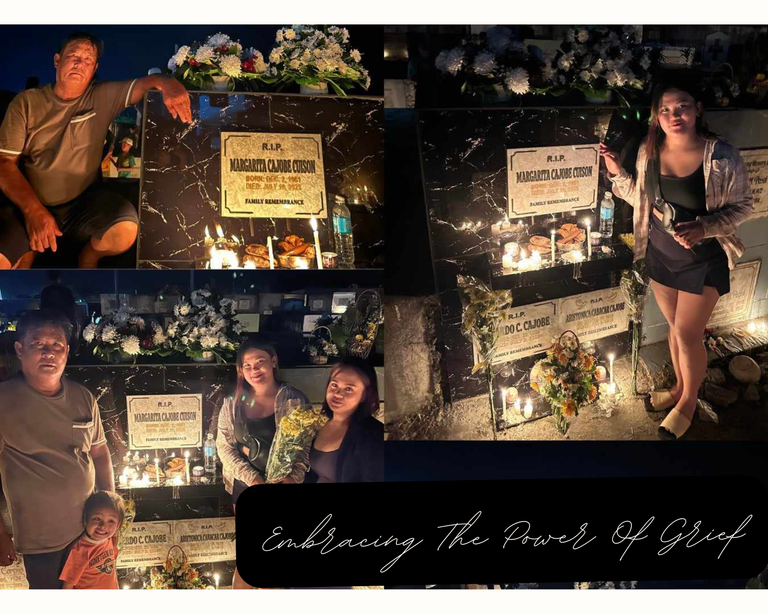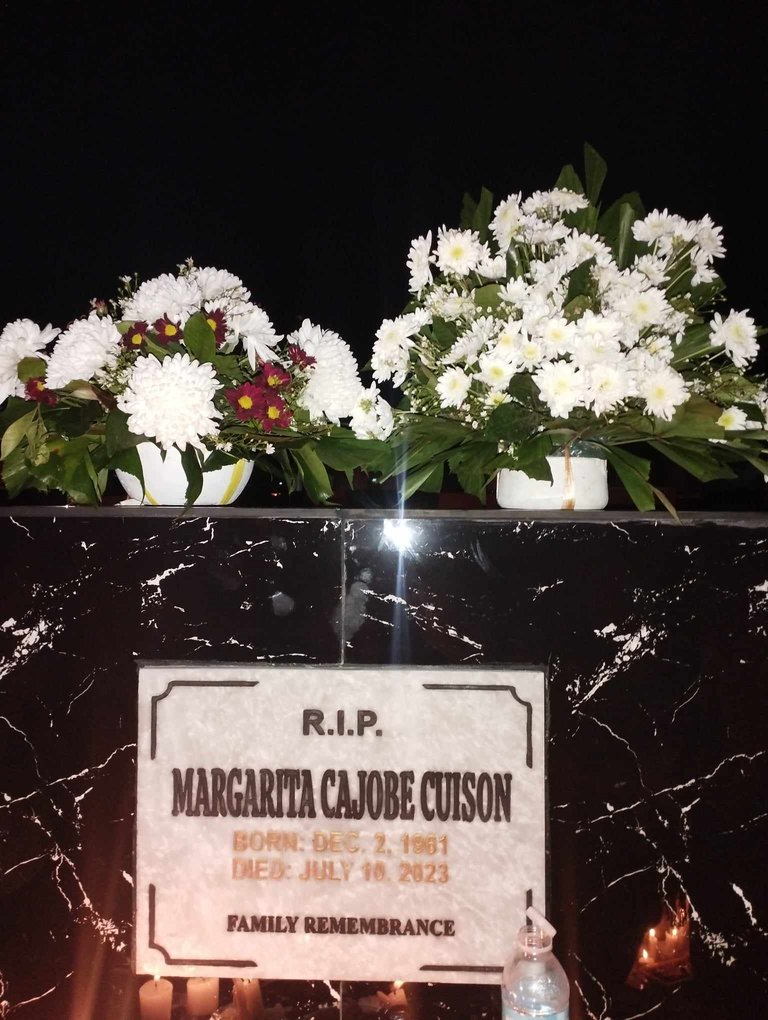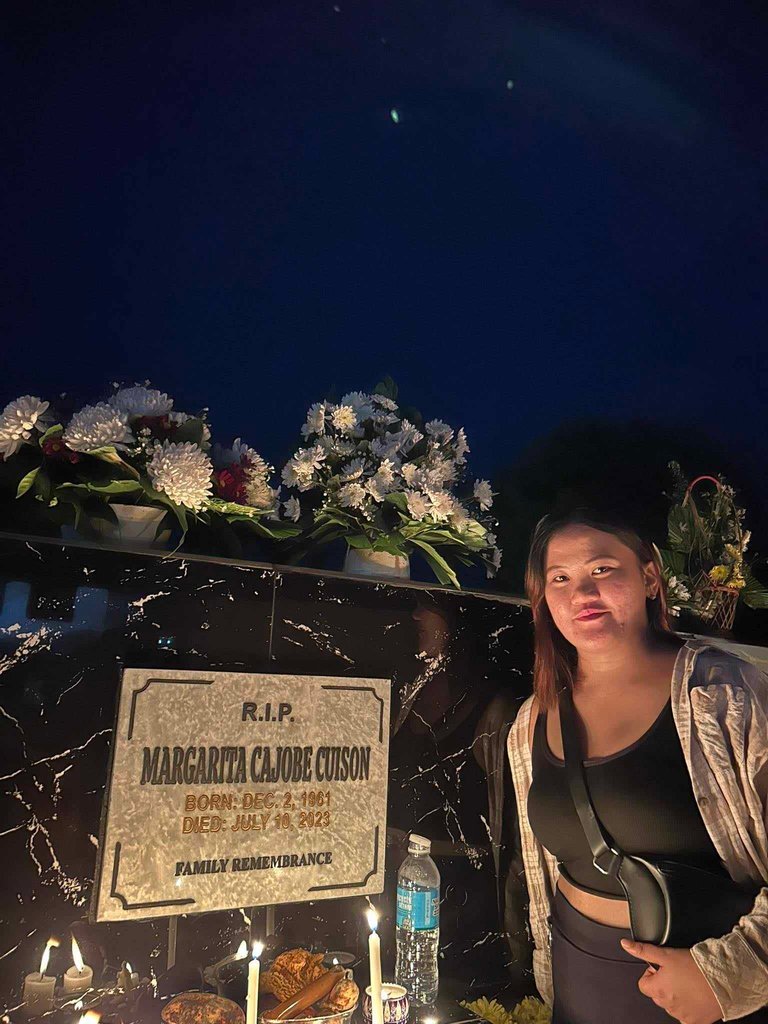Embracing The Power Of Grief
Losing a parent at any age can be one of the most devastating losses a person will face.
Last November 1, we went to the cemetery to visit my mother's grave. It has been one year and four months since she left us. And it still hurts, and I know it will for the rest of eternity.

Nothing could have prepared me for the anguish I've felt since her passing.
"Suddenly, it was like living in a house without a roof."

This is how I described the aftermath of my mother's passing. I experienced the initial shock and numbness of losing her, as well as the different emotions and sentiments linked to the stages of grief, such as denial, anger, sadness, and despair.
I never get used to it because I always miss her, and I have no choice but to accept the reality and move on for those around me.

After losing her, I experienced intense and unfamiliar emotions.
My mother's death has been a shocking and life-changing experience for me and our entire family. However, we are expected to cope, move on, and take things in stride.
But reality always strikes us so hard.

Regardless of your age, you are always your parents' child. Whether your relationship is close or complex, parents are a reference point for how we define ourselves and our place in the world.
I guess grief is powerful; it is a painful and perplexing reaction to the death of an essential person in our lives. It can alter your physical and emotional well-being, thoughts, and actions.

Grieving will never be an easy season.
Grief is a difficult situation. Although knowing the emotions and sensations involved can help make it easier to handle, it won't make the pain disappear.
During this grieving process, it's simple to think that you're "cracking up" and that you're experiencing physical or mental health issues.
Grief is erratic. Because it fluctuates and comes in waves, you may experience many emotions daily.
My mother's passing has forced me to learn how to live without someone I've known my entire life, who most likely contributed significantly to my development. We have been involved in my well-being and have shared important life events.
What aspect of grief is the most difficult?
It's helping a parent who is grieving.
A parent's death frequently leaves your other parent in mourning and need of assistance.
When we lost our mother, my father lost his spouse. It's never easy to grieve for a spouse who has passed away. And I know it is not the same as losing a parent.

Because of him, I am strong, and I promise to always be there for him, providing him with all the love, care, and support he requires so that we can move on and accept the life we currently lead.
“The death of a parent is not something that becomes easier with age, nor is it a loss that fades with time; on the contrary, a parent’s death stays with you and shapes you for the rest of your life; it becomes a condition of your existence, like having blue eyes or black hair.”
Rebecca Abrams, from When Parents Die (Routledge, 2000)
Strength for the whole family, it is difficult to accept it, but you have to go on, you can be that pillar for your father. His memory will always be in your heart.
Indeed, everything takes time, and thanks to her love, I am strong. Thank you so much for dropping by. 😇
Your level lowered and you are now a Red Fish!
Check out our last posts: